Learn how this health-boosting protein supports your body and your low-carb keto lifestyle.
Collagen is known by most people as a supplement to improve skin health. One thing you should know is that your body is made up of this structural protein. It’s found in your skin, bones, muscles, and organs.
According to various research, our body produces less collagen as we age – about 1% less collagen in the skin every year after the age of 20. This is manifested as wrinkled and sagging skin 1, 2. But it’s not just aging that lowers collagen. A high sugar diet and too much sun exposure are also factors.
The Potential Health Benefits of Collagen
What roles does collagen play aside from its ability to improve skin elasticity and health, the most obvious benefit? How exactly does taking collagen supplement support you as someone on a keto diet? Let’s explore them below.
1. Maintains gut health
Not everyone thinks about their gut health. However, in people with leaky gut, this becomes extremely important. For those who don’t know, leaky gut or increased intestinal permeability manifests through bloating, diarrhea, and other digestive issues, as well as fatigue. It’s also associated with inflammation 3.
Collagen is one of the supplements used for supporting a healthier gut. It works by alleviating the breakdown of the intestinal lining by inhibiting certain pathways 4.
2. May increase muscle mass
Collagen makes up your muscles and supports performance. If one of your goals on the keto diet is to increase muscle mass, then you need to boost collagen. This is especially important as our bodies age.
One study showed that using collagen supplements increased fat-free mass and strength. Furthermore, it was demonstrated that collagen was better than whey protein for maintaining body weight 5.
3. Relieves joint pain
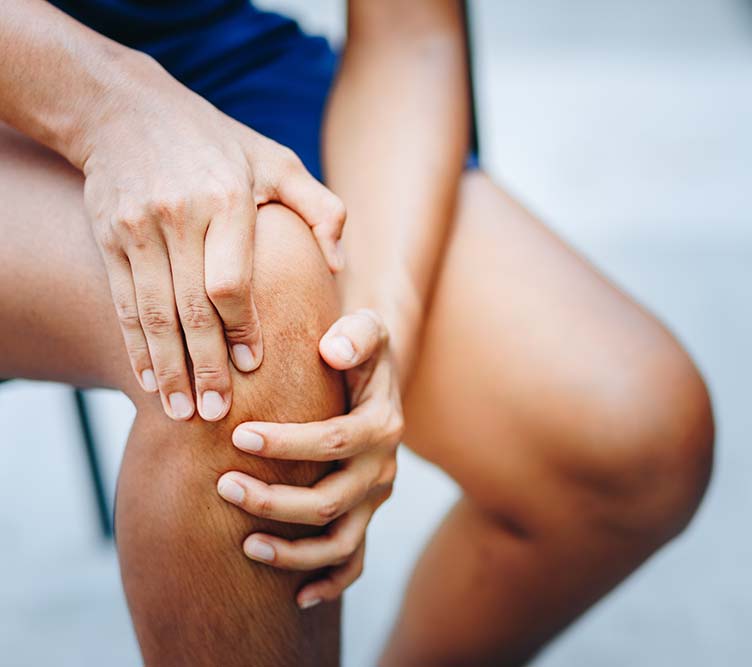
Joint pain can be caused by a condition such as arthritis. Strenuous exercises and a sedentary lifestyle also lead to joint pain. Regardless, collagen serves as a natural form of treatment.
In the same study mentioned above, subjects who took collagen peptides experienced relief from osteoarthritis including functional joint pain. They were able to perform resistance exercises with less pain 5.
While more studies are needed to learn the effect of collagen peptides on various age groups and genders, this study lets us appreciate the potential of collagen for joint health.
4. Strengthens hair
Hair loss happens to a lot of people starting the keto diet. This can occur as a result of consuming fewer nutrients and cutting calories. However, hair loss isn’t supposed to happen if you follow a well-formulated, nutrient-dense keto diet.
You don’t have to experience hair loss to start increasing your collagen. Taking collagen supplement or eating food sources of collagen can provide many benefits. It can prevent hair thinning and hair loss that result from aging.
5. Protects the brain
Hydrolyzed collagen supplements or collagen peptides improve brain structure and cognitive function, as found by one study on 30 healthy participants aged 49–63 years. The participants took 5 grams of hydrolyzed collagen daily for 4 weeks 6.
In another study, scientists discovered that collagen VI protects the brain from Alzheimer’s Disease (AD). Here’s what’s interesting: Increasing the amount of collagen VI protects brain cells against the toxicity of amyloid-beta (Aβ) proteins. These are found in plaques in people with AD 7.
6. Strengthens the bones and prevents bone loss
Having strong bones is important for overall health. Healthy bones help your body withstand injuries. They enable you to participate in various activities with ease.
Bones comprise one-third collagen, which contributes to their strength and structure 8, 9. It doesn’t matter if you exercise often or are looking to age gracefully while on keto. You will benefit by using collagen supplements in your diet. Specific collagen peptides can boost bone mineral density, especially in post-menopausal women.
7. May reduce the risk of heart problems
You might be wondering: How exactly does collagen boost cardiovascular health? Collagen maintains the function and integrity of the arteries. These are vessels that carry oxygen-rich blood from the heart to the body’s tissues and organs.
In a 6-month study involving 32 healthy male and female volunteers, it was found that collagen did not only prevent atherosclerosis but also treated it 10.
How to Boost Your Body’s Natural Collagen Production
There’s no doubt that collagen plays many important roles in overall health. Fortunately, you can take simple steps to consume more collagen or help your body create it. Check them out below.
1. Take a keto-friendly collagen supplement
Taking oral collagen supplements is a great option especially for those who want convenience and versatility. Collagen supplements may come in different forms such as powders, capsules, and beverages.
If you’re on the keto diet, make sure to choose a collagen supplement that’s free from added sugars. If it uses sweeteners, check that those sweeteners are keto-friendly such as stevia and monk fruit.
2. Eat foods rich in vitamin C

Vitamin C increases collagen production. Eating foods high in vitamin C that are also low in carbohydrates will help as someone trying to achieve weight loss. Check out these best food options with a serving size of 100g:
- Cauliflower (48.2 mg)
- Broccoli (90 mg)
- Strawberries (58.8 mg)
- Chicken liver (18 mg)
- Fish roe (16.4 mg)
- Brussels sprouts (85 mg)
- Bell peppers (184 mg)
3. Make bone broth at home
You can make bone broth by simmering animal bones and joints. Examples of sources include beef, pork, chicken, turkey, venison, and fish.
Just combine a gallon of water, 2 tablespoons of apple cider vinegar, 2 kilograms of animal bones (of your choice), and sea salt to taste. Let it cook for at least 12 hours for a nutrient-dense, collagen-filled drink.
4. Eat protein-rich animal foods
Another way to increase your body’s ability to make collagen is to consume proline and glycine. These amino acids are found in animal foods such as grass-fed beef, pork, chicken skin, chicken breast, organ meats, and wild-caught fish.
Here’s an added benefit: Meat and seafood contain very small amounts to no carbs at all – depending on the cut/body part. Unless you’re following a plant-based low-carb diet, make sure that you’re consuming collagen rich foods like these.
5. Avoid sugar and refined carbohydrates
Last but definitely not least: Stop eating sugar and refined carbs since they destroy collagen. As a keto dieter, you already know this rule. Not only will quitting these unhealthy substances keep you in ketosis, but it also preserves collagen.
Collagen Supplements May Cause Digestive Side Effects
While this isn’t true for everyone, collagen supplementation may cause mild digestive side effects in some people. These side effects include a feeling of heaviness, heartburn, and diarrhea. If you find yourself experiencing these issues, or if you’re pregnant or nursing, then it’s best to avoid collagen supplements and consult with your doctor.
But in general, oral collagen is safe for most individuals.
Final Thoughts
As long as you’re boosting collagen in your body, you’ll reap all its wonderful benefits – from improving skin health to joint health to gut health, and a lower risk of heart disease.
Why do it later when you can start now?
As you can see, animal foods contain collagen. Also, be sure to check out Kiss My Keto’s collagen powder in Birthday Cake and Chocolate flavors. It’s a convenient and delicious way to get 10,000 mg of hydrolyzed collagen each day. It also has medium-chain triglycerides that increase your energy!




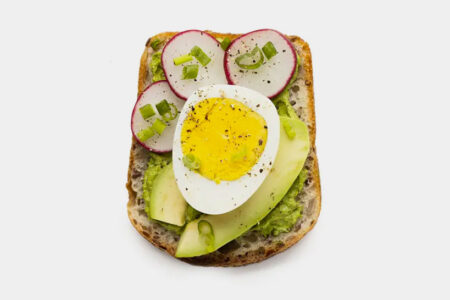
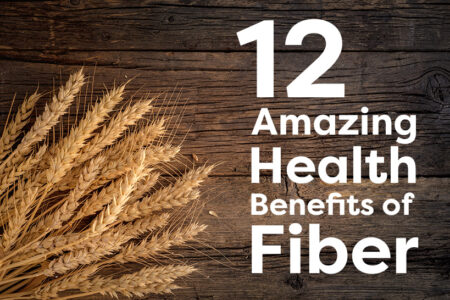
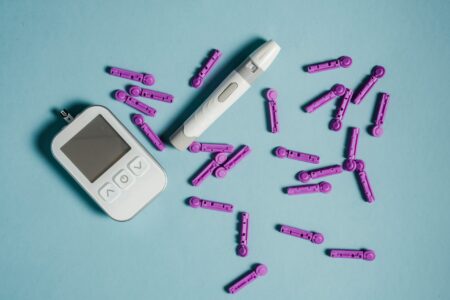
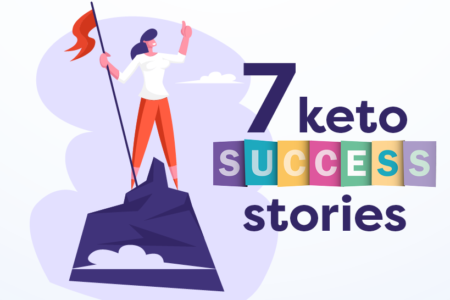
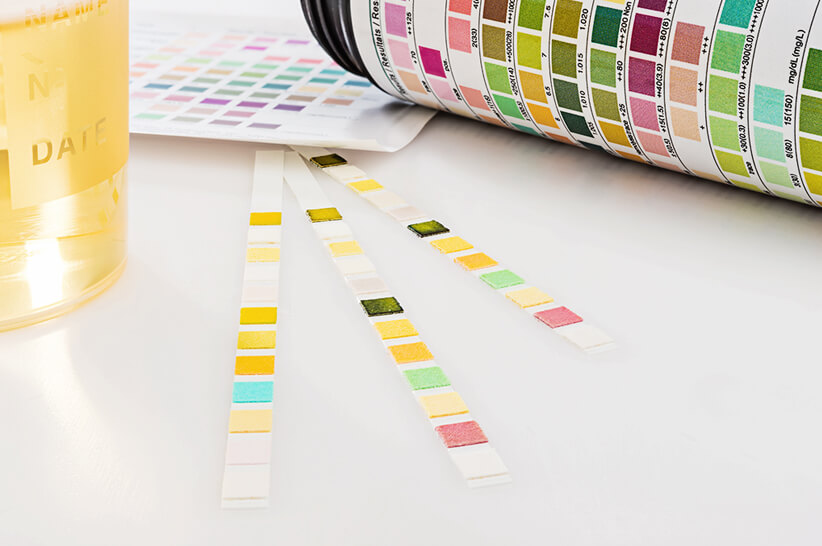
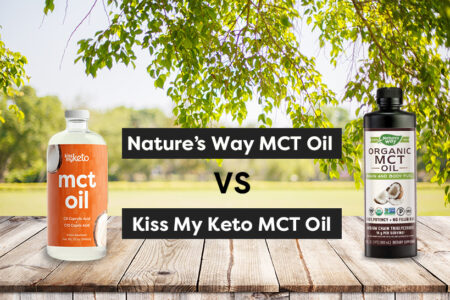
![Juicing for Weight Loss: Everything You Need to Know [Plus Recipes]](/wp-content/uploads/2019/08/Juicing-for-Weight-featured-image.jpg)

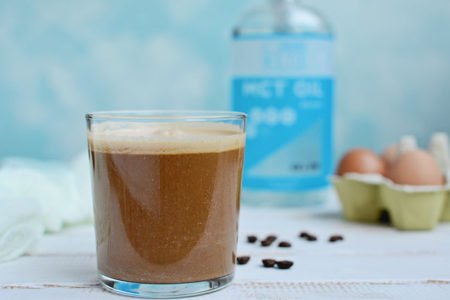

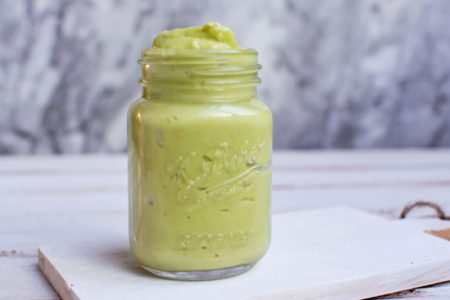


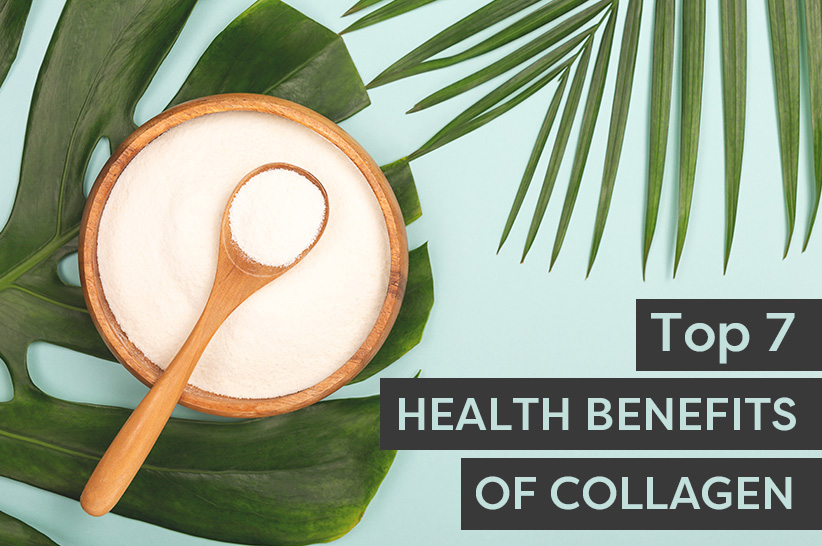
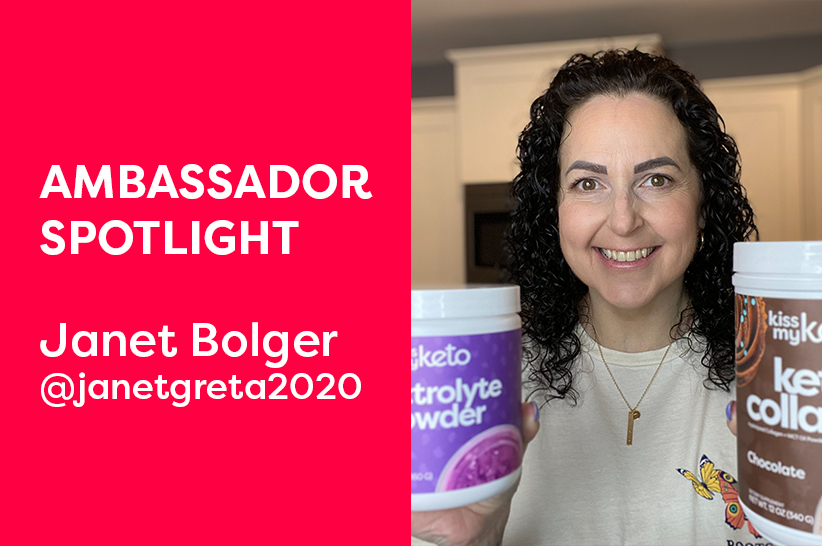

I will try it because of the arthritis. I have quite a bit according to tests. And quite painful! Another reason is helping my heart. It all makes sense.